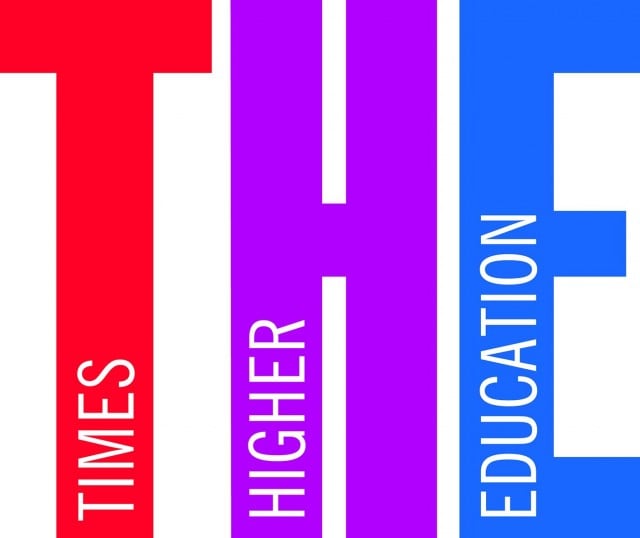You have /5 articles left.
Sign up for a free account or log in.
Growing scholarly collaboration between China and Russia could signal a shift in the balance of power in global higher education, according to researchers who suggest that it could have significant implications for academic freedom in the region.
China’s president, Xi Jinping, and his Russian counterpart, Vladimir Putin, were present as a cooperation agreement was signed between Beijing’s Tsinghua University and Saint Petersburg State University this month in the Kremlin.
 Some academics have suggested that China may be keen to build closer ties with Russian institutions because of U.S. universities’ increasing reluctance to collaborate with Chinese academics amid anxiety about intellectual property theft.
Some academics have suggested that China may be keen to build closer ties with Russian institutions because of U.S. universities’ increasing reluctance to collaborate with Chinese academics amid anxiety about intellectual property theft.
The number of co-authored publications involving Chinese and Russian academics increased by 95.5 percent between 2013 and 2017, according to data from Elsevier’s Scopus database, and the patronage of the two presidents indicated the importance of higher education to ties between the two countries. It was one of a number of agreements signed, in areas including trade and energy, as Xi visited Russia to commemorate the 70th anniversary of diplomatic relations between the nations.
The agreement between Tsinghua and Saint Petersburg will lead to the creation of a Russian Research Institute at the Beijing university, which will conduct research on Russia-China relations in areas such as industrial development, education, science and technology. Saint Petersburg, which said it now has more than 2,000 Chinese students, also conferred an honorary doctorate on Xi.
Jonathan Sullivan, director of the University of Nottingham’s China Policy Institute, said cooperation between China and Russia has “not been smooth” and is “riven with mutual suspicion.”
But higher education was seen as a “safe issue to cooperate on,” he said, and restrictions on academic freedom in China, which might hinder collaborations with Western partners, were “not problematic” for Russia.
“Neither side needs to be mindful of issues around academic freedom and the separation of politics and academia,” added Sullivan. “The success of Chinese institutions in global rankings, while already weak academic freedoms are eroded, is not a good sign for higher education globally.
“The successful cooperation of Chinese and Russian higher education would further legitimize the erosion of academic freedom and the punishment of researchers who don’t toe the party line, and that would be a damaging message regionally and globally.”
China and Russia were “dancing uneasily together at present, a natural by-product of the deepening rift between the U.S. and China,” said Simon Marginson, professor of higher education at the University of Oxford. He questioned how significant the effect of increased collaboration would be, since the countries’ higher education systems were “in very different places, with China streets ahead.”
But Nadège Rolland, senior fellow for political and security affairs at the U.S.-based National Bureau of Asian Research, said “it is not just about China and Russia -- it is the entire Eurasian region that could be moved towards a different set of standards in terms of higher education.”
Rather than President Trump’s actions pushing China and Russia together, it was “their ideology pulling them together,” added Rolland, the author of China’s Eurasian Century? Political and Strategic Implications of the Belt and Road Initiative.
“Higher education is one layer of this really dense partnership that they are building,” she said.




